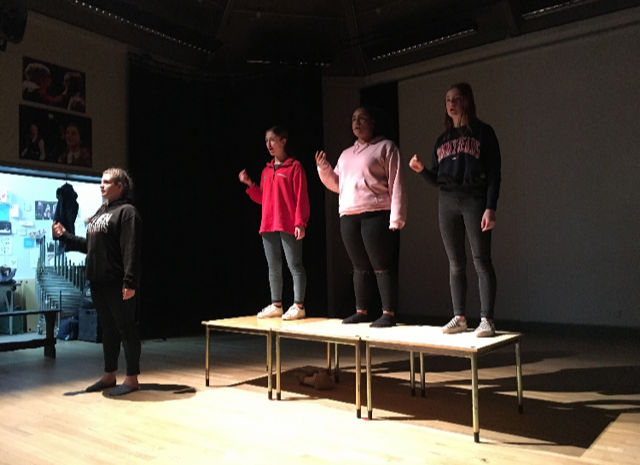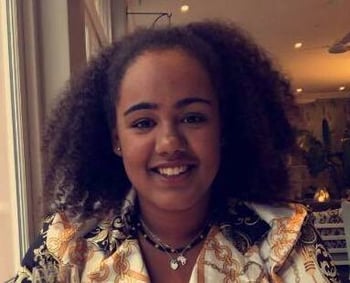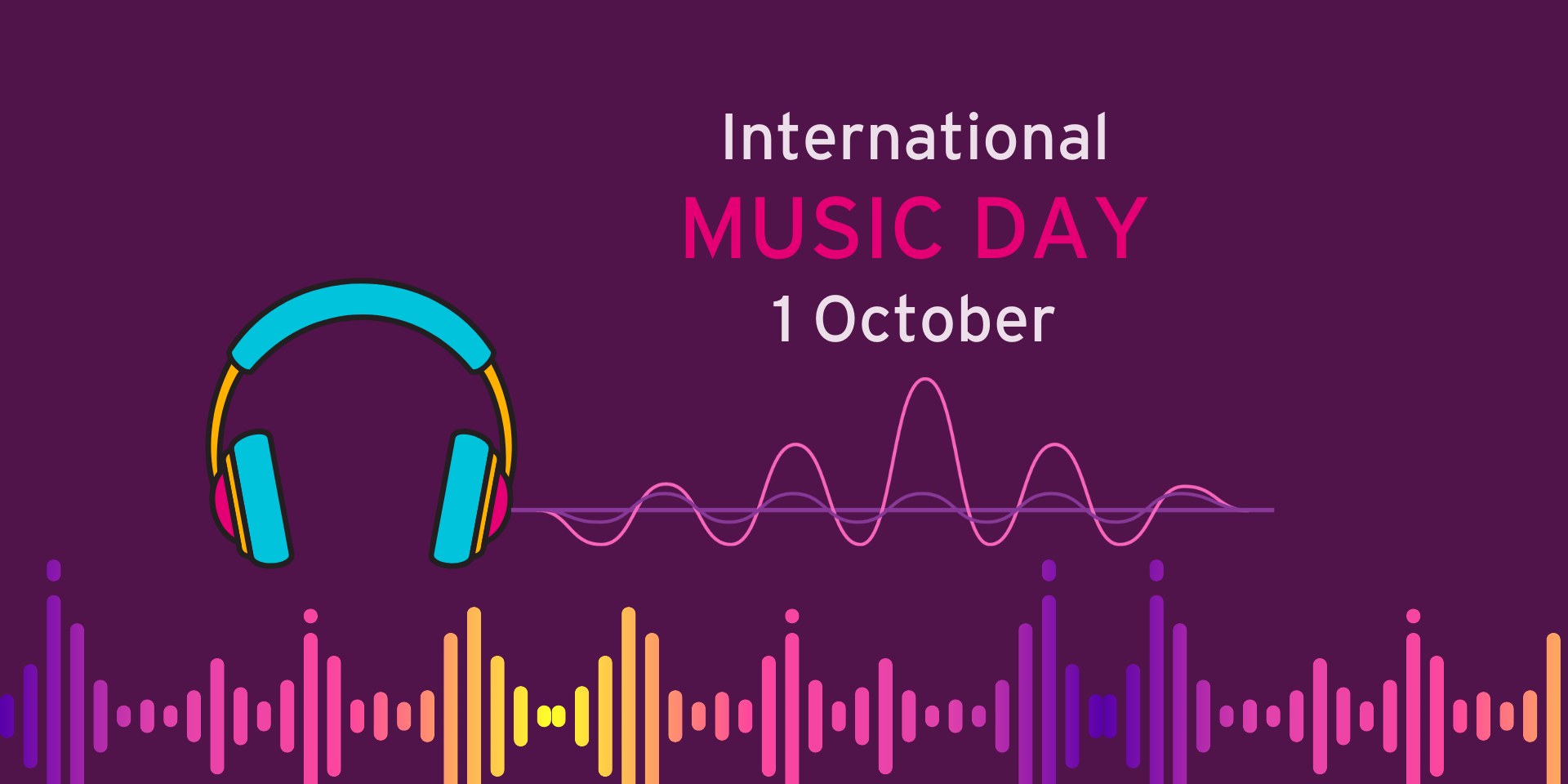
A student’s view – I was surprised how many skills I learned from devising a play!
BY: Guest Writer
23 April 2019
In this post we hear from Jess Cruttwell-Brown, a 16 year old GCSE Drama student at Shrewsbury Girls High School. Jess describes the broad impact of devising a dramatic piece from scratch together with fellow students (Zoë Jeremy, Emma Morgan and Amy Robinson, pictured above) in an interview recorded by Voice an arts and culture magazine for young people.
Tell us about the drama project you took part in at schoolFive of us were involved in devising a short original play called Your Happy Place for our Drama GCSE.  We had to choose a stimulus and my group chose this quote from Maya Angelou: 'There’s no greater agony than bearing an untold story inside of you'.
We had to choose a stimulus and my group chose this quote from Maya Angelou: 'There’s no greater agony than bearing an untold story inside of you'.
Why did you choose that subject matter?
We felt this quote offered us lots of scope. We knew we wanted to explore mental health as so many people struggle with a mental illness, but you don’t know their story from looking at them.
Once we’d got the quote we did lots of research - we looked at eating disorders and body issues and also at psychiatric conditions like schizophrenia and bipolar disease. We watched TV programmes to understand people’s experience and also to look for dramatic possibilities.
Do you think you learned about mental health through creating a drama?
Doing the research gave us a much better perspective on people with mental health problems. We understood better that people are often trying to stop themselves from behaving in odd ways.
We also used our own experiences but you have to be careful as sometimes people in your group get emotional about certain memories. Sometimes people got emotional just about our subject matter - even though they hadn’t experienced it themselves!
We came up with the story of Clare who is schizophrenic and has experienced two traumatic events, one of which was the loss of her daughter. Perhaps her illness was triggered by these events. Our play showed how she tried hard to deal with her loss but finally she commits suicide in her desperation to find some relief.
We developed the plot first, then fitted our actors to the characters. The story changed when got into rehearsal - originally Clare’s husband had another relationship and a new family but we decided that was too conventional. It was more moving to show a relationship which held together but was worn down by Clare’s deteriorating mental health.
What did you learn through the process of making drama?
I was the director and I tried to push people out of their comfort zone to get good performances. In the end I also played Clare and that was demanding as she was so unhappy. I had to find some emotional range to show how she deteriorates to the point of the suicide. I had to learn to cry on stage and also how to hold something back so the audience doesn’t get emotionally drained too soon.
We also made a video to tell an early part of the story which adds a dimension for the audience and shows that your actors can act on film as well as live.
Do you thing you gained any other skills?
I definitely learned leadership skills. I was working with a new group who were unfamiliar with each other and I needed to make sure we explored the subject sensitively, so I learned how to read emotions and deal with emotional reactions. I also had to juggle people’s personalities and temperament and help girls to play men. I organised the research so we didn’t waste time and I got everyone to contribute ideas to the devising, like staging, movement and songs, and to help gather the props. We used a WhatsApp group to keep us organised.
The hardest thing was taking charge as people can resent you or blame you. I needed to take decisions when the group couldn't decide.
I also learned my own limits - how far I could take something and how to keep an idea fresh.
How did the audience react to the final piece?
My mum was shocked at how daring the piece was and how it tackled a mental health condition so directly! Overall we got feedback that we managed the emotional journey well and that we showed good ensemble playing, everybody had a moment. People suggested we could have created a bit more light relief or happy moments to reduce the tension! It was exhausting to perform and probably also to watch.
What are your own plans for the future?
I’m looking at my A-level subjects and may choose drama alongside sciences which are my main interest. I think drama is very helpful at GCSE level. It gets you to manage tasks and work to deadlines. It’s a good subject for all students to take part in - expressing how you feel, telling stories. It also helps with public speaking and builds your confidence, especially if you’re shy. Not being yourself enables you to speak out. I’d recommend it to anyone!
This project was for GCSE so hopefully you’ll get a qualification! You’ve also achieved three Arts Awards – well done! Have you tried any graded drama exams?
I have done Speech & Drama exams, where you choose a poem or monologue to perform for an examiner and talk about a play. That helps you to remember lines and you develop techniques like breathing, delivery breaks and addressing the audience, and these skills definitely helped me with my Drama GCSE.
Does Jess's journey remind you of your students' progress? Drama teachers know just how important their subject is to young people, but so often it is hard to raise the prominence of drama within schools. If you would like some help with showing the value of drama, take a look at our new resource highlighting how heads of department have succeed in getting more recognition for drama. 
Related posts
BY: Natalie Christopher
BY: James Gower


/Blog/Students.jpg)
.jpg)
Comments & Replies